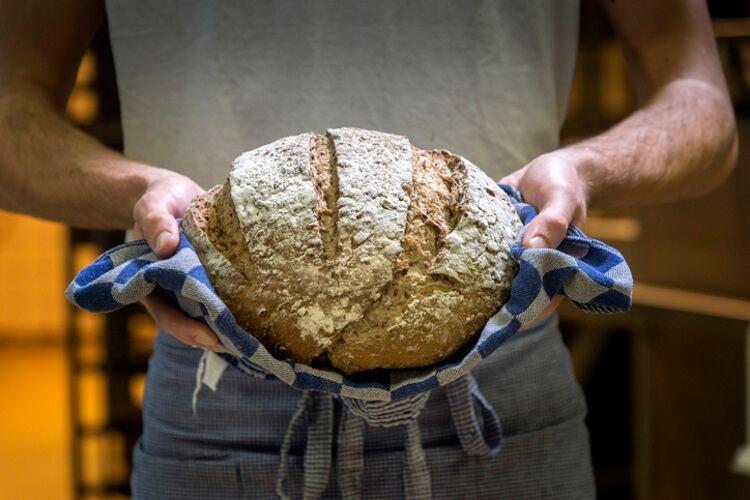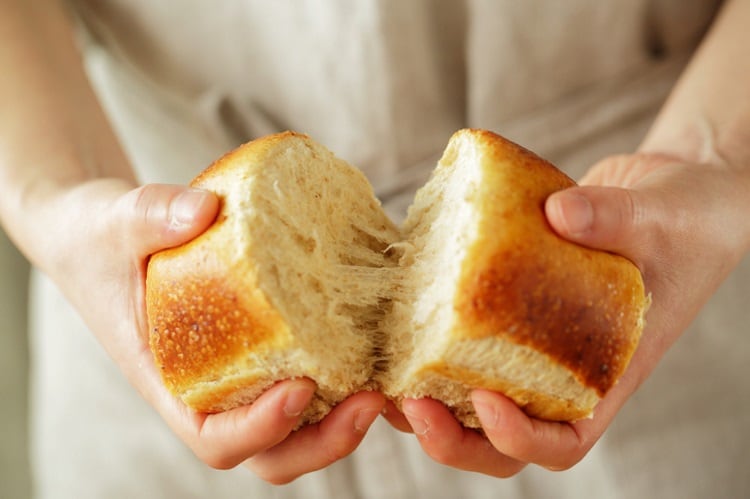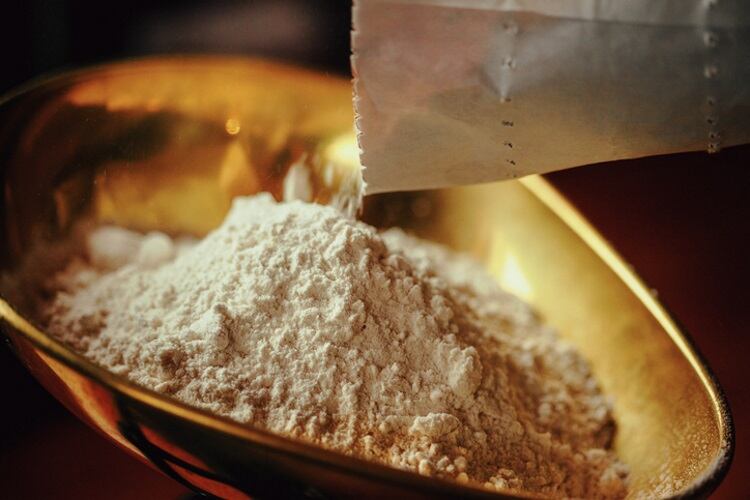The extensive document outlines the case for a clear and simple single legal definition of sourdough bread, which the Campaign believes is essential ‘to help protect the livelihoods of bakers who make genuine sourdough bread, and to help prevent shoppers from being misled, for whatever reasons they want or need to choose it.’
Bread and flour regulation review
Last year, the Real Bread Campaign was invited to join the Bread and Flour Technical Working Group (BFTWG) set up by Defra to ‘look into and resolve issues relating to the Bread and Flour Regulations’, which dated back to 1998.
The BFTWG comprises stakeholders across the bread and flour supply chain, including various government agencies and industry bodies like the UK Flour Millers and Federation of Bakers (FoB). Companies like Premier Foods, AB Mauri and Lesaffre were also invited to take part.
Some of the issues on the table include the fortification of non-wholemeal wheat flour with folic acid to prevent spinal conditions in babies (already mandatory, so the BFTWG is discussing its implementation), greater transparency on ingredients, and the possible introduction of rules for the labelling and marketing of genuine sourdough.
While there is a voluntary moratorium on the ongoing progress made by the BFTWG, the Real Bread Campaign reported in November that it was suggested it is not the appropriate avenue for the Campaign to address its specific issues – hence, its direct communication to Defra.
The case for sourdough
According to the Real Bread Campaign, the process to create genuine sourdough is substantively different to other bakery methods. This essentially makes sourdough ‘different’ to other baked goods and should be in a category of its own.
In the Defra document, the Campaign states, ‘In the hands of a skilled, knowledgeable baker, the production of enzymes, organic acids and other substances by the yeasts and lactic acid bacteria during this long fermentation process can be controlled to have beneficial effects on the organoleptic properties (flavour, texture and aroma) of the resulting bread. This transformation cannot happen to the same extent if the fermentation time is shortened by the use of additional raising agents. In the absence of a live sourdough starter culture, it cannot happen at all’.
It adds, ‘Genuine sourdough bread falls into the processed (rather than the ultra-processed) food category of the UN FAO recognised NOVA classification. People generally and reasonably expect sourdough bread not to be an ultra-processed product. As such, the production of genuine sourdough bread does not involve any so-called ‘processing aid’ or other additive, all of which are, by definition, totally unnecessary to produce bread of any kind’.
“This is more than a subjective matter of taste and flavour,” says the Campaign’s lead Chris Young.
“There is an increasing general awareness that genuine sourdough bread is fundamentally different to other baked products and a growing perception that it might even be ‘healthier’, ‘more natural’, of higher quality or otherwise ‘better’.”
In fact, a 2019 report by Grand View Research noted that ‘sourdough-based baking products are considered to be healthier alternatives to those made using regular dough’.
Young adds this is underpinned by a growing body of scientific evidence – even touted by the UK’s National Health Service (NHS) as a ‘tummy friendly bread’ in its Eat Well guidance.
Young claims some producers are capitalising on this growing demand by using premium branding and charging premium prices. However, they have not “invested in the time, knowledge and skill needed to make genuine sourdough bread. Their use of production methods, perhaps because they are quicker and cheaper, result in fundamentally different products.”
The Campaign’s document to Defra cites some of the producers that allegedly follow this practice, by promoting a baker’s yeast-leavened factory loaf as a premium product.
Real Bread Week
It’s almost that time of the year again when the artisanal bakery sector celebrates all things additive-free when it comes to baking bread. The Campaign is also encouraging all professional Real Bread (not just sourdough) bakers and bread fans to share their plans for #RealBreadWeek (19-27 February) and the first ever #RealBreadBuddiesDay.
Meanwhile, an unsuspecting public is purchasing these products with the expectation of getting something ‘premium’, ‘better’, ‘more natural’ or at least substantively different to other baked goods.
Young also contends consumer bodies are essentially powerless to enforce trading standards, typically citing the lack of a legal definition of the word ‘sourdough’.
“The effectiveness of voluntary, industry-led, opt-in schemes is far more limited than regulation,” says Young, noting while the Campaign continues to lobby for a legal definition, genuine sourdough seekers should always seek out the The Sourdough Loaf Mark, also available in Welsh.
The Defra document also lists the recommended changes to the Bread and Flour Regulations.
The Real Bread Campaign was launched in 2008 by baker Andrew Whitley, and is a member of Sustain, a nonprofit that works to advocate food and agriculture policies and practices that enhance the health and welfare of people, animals and the environment.
Today, the Campaign has supporters in more than 20 nations, including owners of over 1,000 Real Bread bakeries, baking schools, mills and related enterprises.
Study:
Thirty years of knowledge on sourdough fermentation: A systematic review
Authors: Kashika Arora, HanaAmeur, et al
Trends in Food Science & Technology, Volume 108, February 2021, Pages 71-83





